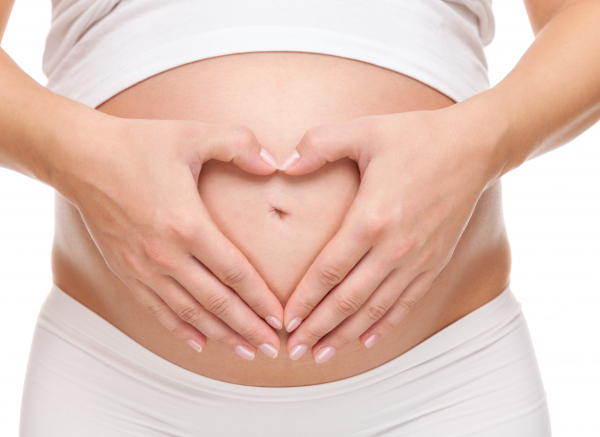A new economic analysis supported by a range of organisations, including the Bupa Health Foundation, has highlighted the importance of a stable housing situation for the first 1,000 days of a child's development - from conception to age two.
According to the analysis, contained in a report from PwC Australia, a stable housing situation in these early days leads to societal benefits of approximately $36,000 over a child’s lifetime, with 94 per cent of the benefit due to increased earnings as an adult.
The analysis was developed in collaboration with experts from the Murdoch Children’s Research Institute (MCRI), the Australian Research Alliance for Children and Youth (ARACY) and the Bupa Health Foundation, who collectively comprise the Strong Foundation.
"Our research shows that supporting housing stability for expectant parents and families with young children brings a number of benefits, including alleviating parental stress, helping to build a stronger sense of community and belonging, and supporting a more connected experience of antenatal care and the development of stronger relationships with care providers," said Dr Tim Moore, Murdoch Children's Research Institute.
“We used home ownership as a proxy to estimate the potential economic benefits of housing stability for children within their first thousand days because there wasn’t enough data on other examples of housing stability in our market, such as long-term leasing. Australia’s rental system is actually one of the worst in the world in terms of providing long term stability, so it needs to remain an important area of focus for policy makers to ensure housing stability is improved for all Australians,” said PwC's Zac Hatzantonis.
The report has also identified the potential economic benefits of reducing the prevalence of smoking amongst pregnant women, in addition to the healthy development of children.
It found a woman who stops smoking during pregnancy derives an estimated saving of $29,000 over her child’s lifetime. Half of this saving comes from a reduction in costs associated with obesity, with 35 per cent as a result of increased earnings and 15 per cent from the reduced likelihood of smoking as an adult.
The annual potential benefit of all pregnant mothers ceasing smoking is close to $1 billion, it found.
The report recommends four policy priorities to improve early childhood outcomes, including raising awareness, investing in environmental determinants of health and disease, improving and targeting services to the earliest stages of childhood and conception, and undertaking further research.
"There are a number of steps we can take to improve outcomes by targeting the first thousand days," said Annette Schmiede, Bupa Health Foundation Executive Leader.
"In terms of policies, programs and initiatives, we can focus on improving information and education, we can improve services and supports provided to families during this period, and we can improve the environment families and children live in.
“The purpose of this report is not to advocate for a specific area for intervention, which is why our economic modelling does not consider the costs of interventions as part of a cost benefit analysis. The results of the economic analysis are important to guide potential funding for these programs, whatever they may be.”
